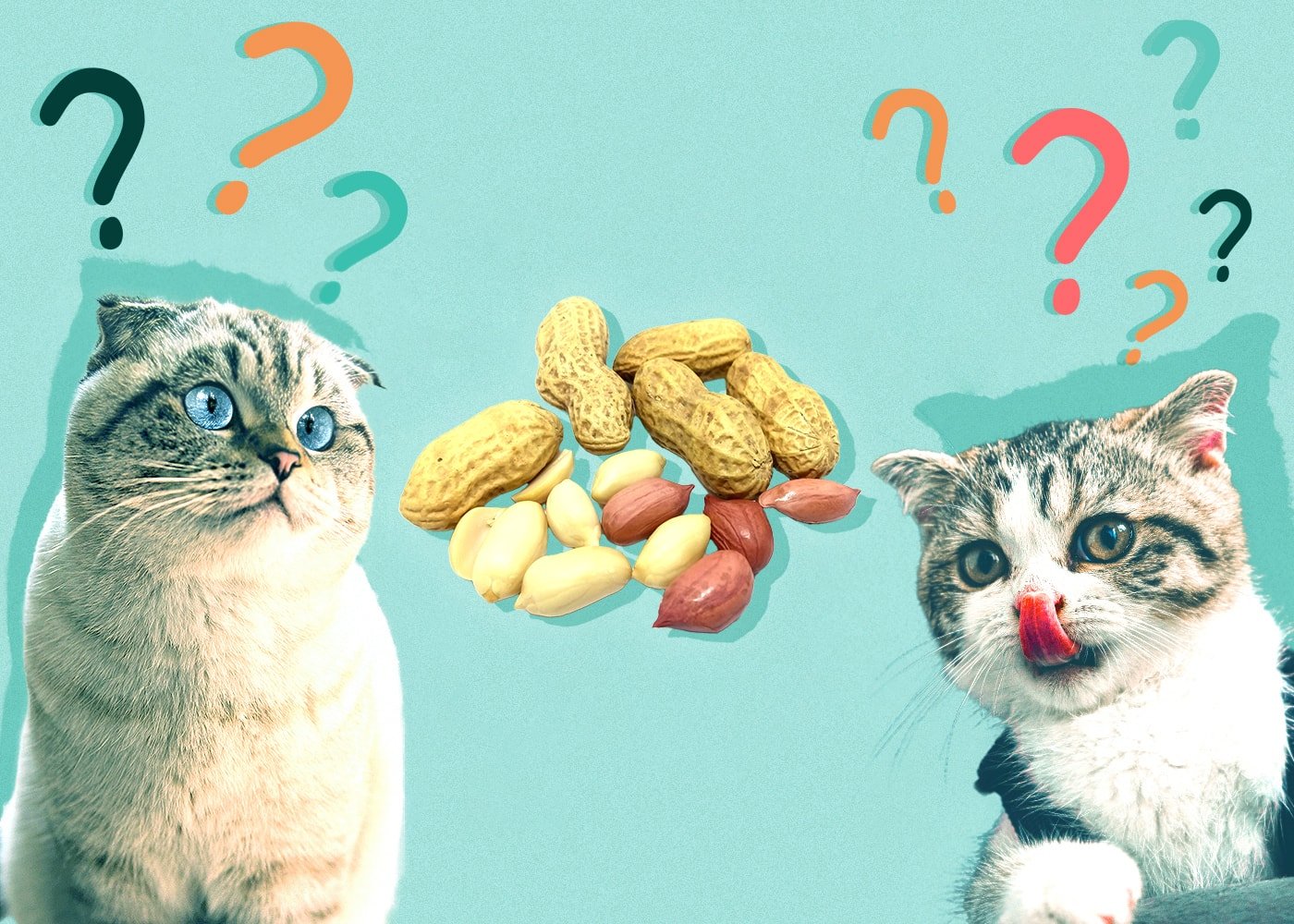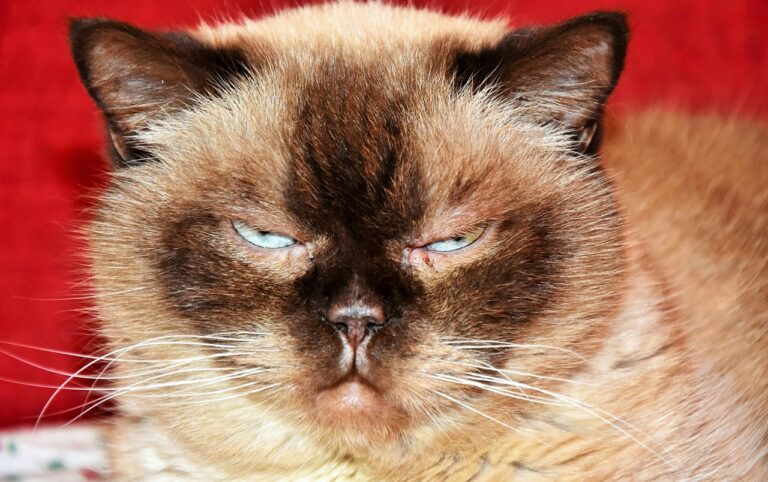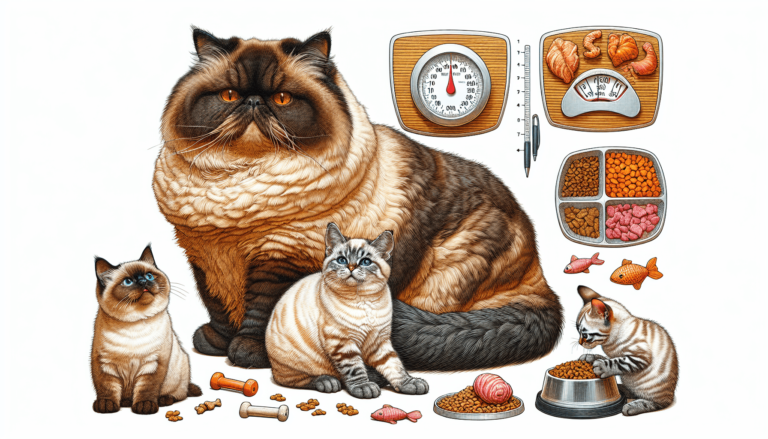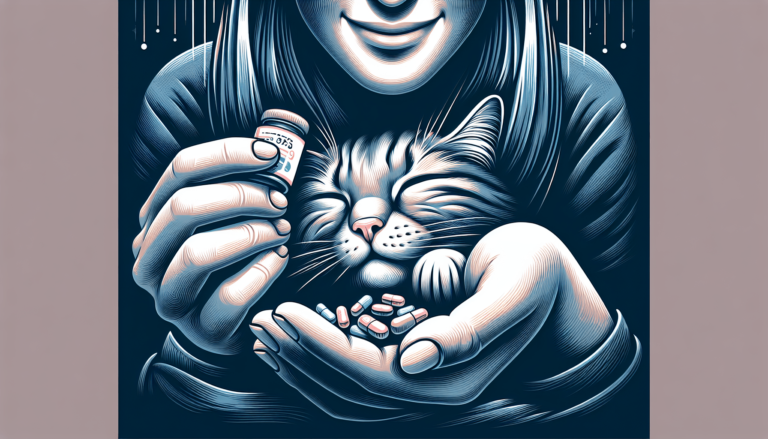Can Cats Eat Peanuts
Hello there! If you’re wondering whether it’s safe for your feline friend to munch on peanuts, you’ve come to the right place. While cats can technically eat peanuts, there are a few things to consider before offering them as a treat. Be sure to read on to learn more about the potential risks and benefits of feeding your kitty this popular snack. Can Cats Eat Peanuts?
You might find yourself wondering if your furry feline friend can enjoy peanuts as a snack. In this article, we will explore whether or not cats can safely eat peanuts, along with the potential risks and benefits associated with feeding them to your cat. Let’s dive into the world of feline nutrition and peanut consumption together!
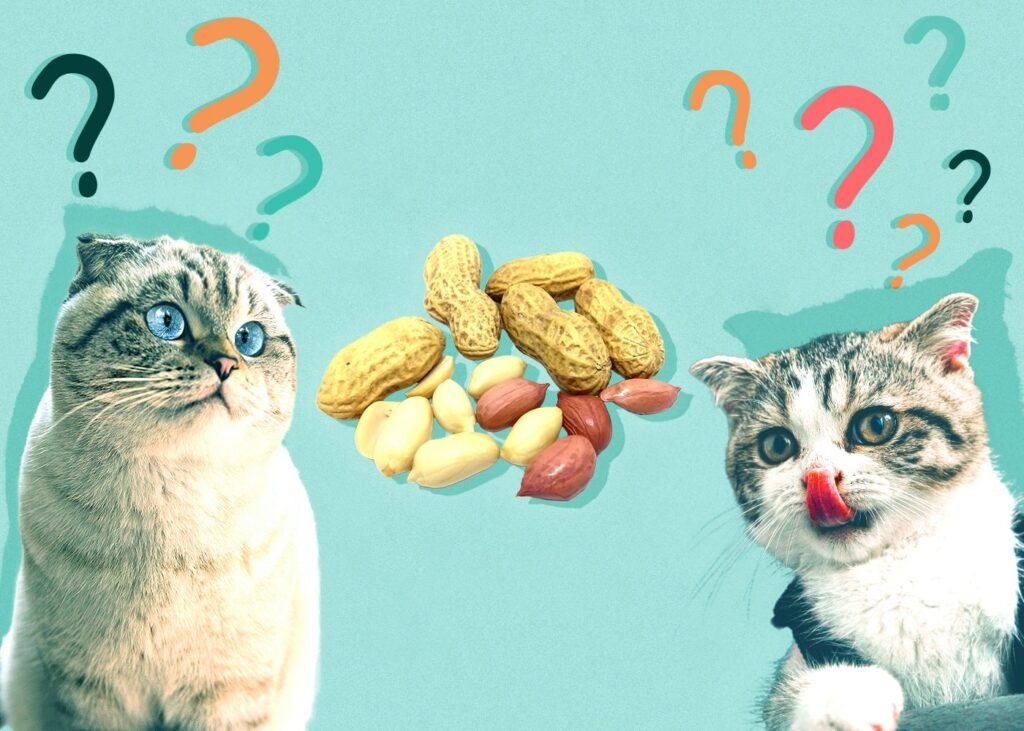
The Nutritional Value of Peanuts for Cats
Before feeding peanuts to your cat, it’s important to understand the nutritional content of this popular legume. Peanuts are rich in essential nutrients such as protein, healthy fats, vitamins, and minerals. However, they are also high in calories and can be a potential choking hazard due to their size and texture.
Peanuts are packed with protein, which is essential for cats to maintain healthy muscles and tissues. They also contain healthy fats that help support your cat’s skin and coat health. Additionally, peanuts are a good source of vitamins and minerals that contribute to your cat’s overall well-being.
Proteins
Peanuts are rich in proteins, which are essential for your cat’s muscle development and overall health. However, while cats do require protein in their diet, they primarily need animal-based proteins for optimal nutrition. Plant-based proteins like those found in peanuts may not provide all the vital amino acids that your cat needs.
Fats
Healthy fats found in peanuts can help support your cat’s skin and coat health. However, cats require a specific balance of omega-3 and omega-6 fatty acids that are typically found in animal fats. While some fats in peanuts can be beneficial, it’s essential to ensure your cat’s diet includes the right balance of fats for their specific nutritional needs.
Vitamins and Minerals
Peanuts contain essential vitamins and minerals like Vitamin E, Niacin, Folate, Thiamine, Magnesium, and Zinc. While these nutrients are beneficial for cats, they should be obtained through a balanced cat food diet that is specifically formulated to meet their nutritional requirements. Peanuts should not be relied upon as a primary source of these vital nutrients for your feline friend.
Risks of Feeding Peanuts to Cats
While peanuts may seem like a tasty and nutritious snack, they can pose some risks to your cat’s health if consumed in large quantities or in specific forms. It’s crucial to be aware of the potential dangers associated with feeding peanuts to your cat to ensure their safety and well-being.
Choking Hazard
Peanuts are small, hard, and can be difficult for cats to chew properly due to their size and texture. This can pose a choking hazard, especially for older cats or those with dental issues. If your cat struggles to chew or swallow peanuts, they may be at risk of choking, which can lead to a life-threatening situation if not addressed promptly.
Allergies
Like humans, cats can also develop allergies to certain foods, including peanuts. While peanuts are not considered toxic to cats, they can trigger allergic reactions in some felines. Signs of a peanut allergy in cats may include itching, skin rashes, vomiting, diarrhea, and difficulty breathing. If you suspect your cat is allergic to peanuts, it’s best to avoid feeding them this legume and consult with your veterinarian for further guidance.
Digestive Issues
Cats have sensitive digestive systems that may not be able to tolerate certain foods, including peanuts. Peanuts contain high amounts of fat and fiber that can be challenging for cats to digest, leading to digestive upset such as diarrhea, vomiting, or stomach discomfort. If your cat experiences digestive issues after consuming peanuts, it’s best to avoid feeding them this food in the future.
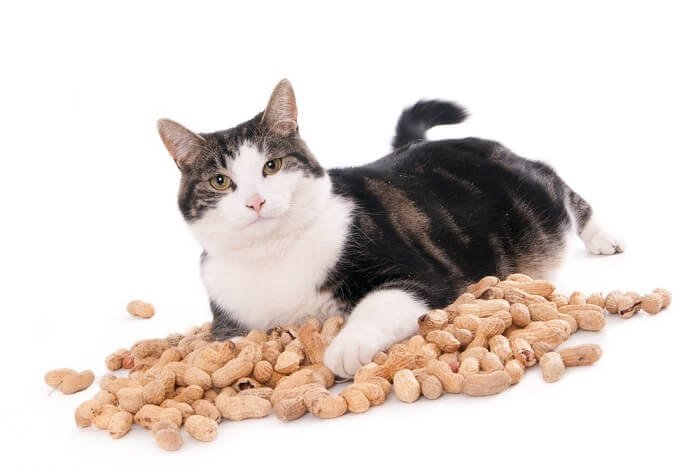
Can Cats Eat Peanut Butter?
If you’re a fan of peanut butter, you might be wondering if it’s safe to share this delicious treat with your cat. While peanut butter is made from peanuts, it often contains added ingredients like sugar, salt, and oil that may not be suitable for feline consumption. It’s essential to understand the potential risks and benefits of feeding peanut butter to your cat before offering them a taste.
Ingredients
Commercial peanut butter typically contains added ingredients like sugar, salt, and hydrogenated oils that can be harmful to cats. Sugar and salt can lead to health issues like obesity, diabetes, and high blood pressure when consumed in excess, while hydrogenated oils are high in unhealthy fats that can contribute to heart disease and other health problems. When choosing peanut butter for your cat, look for natural or organic varieties without added sugars, salts, or oils.
Xylitol
Some peanut butter brands may also contain xylitol, a sugar substitute that is toxic to cats and dogs. Xylitol can cause a sudden release of insulin in pets, leading to dangerously low blood sugar levels (hypoglycemia) and potential liver damage. It’s crucial to read the ingredient list carefully and avoid any peanut butter products that contain xylitol to keep your cat safe.
Portion Control
If you decide to give your cat peanut butter as a treat, it’s essential to practice portion control and limit their intake. Peanut butter is high in calories, fat, and sugar, which can contribute to weight gain and other health issues if consumed in large amounts. Offer your cat a small amount of peanut butter as an occasional treat rather than a regular part of their diet to prevent overfeeding and nutritional imbalances.
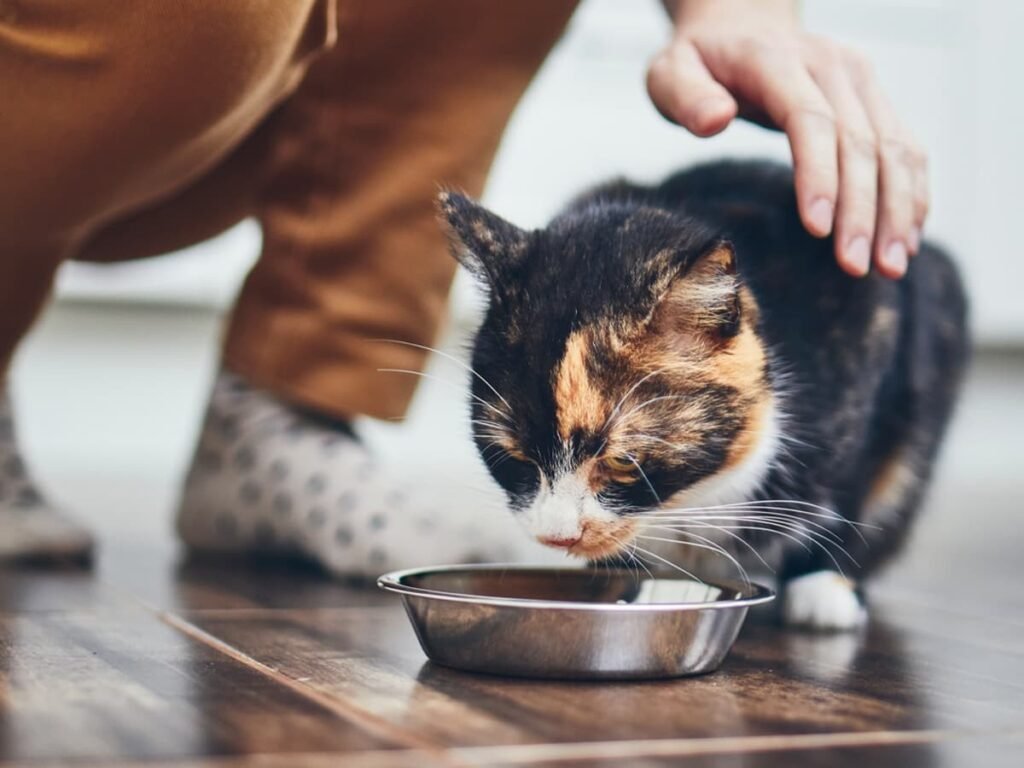
How to Safely Feed Peanuts to Your Cat
If you’re considering introducing peanuts into your cat’s diet, it’s crucial to do so safely to prevent any potential risks or adverse reactions. By following these tips, you can ensure that your cat enjoys peanuts in moderation without compromising their health and well-being.
Preparation
Before offering peanuts to your cat, make sure they are unsalted, unseasoned, and free of any additives, such as sugar or xylitol. Raw or roasted peanuts in their shell are the safest options, as they are less likely to contain harmful ingredients that could be harmful to your cat. Remove the shells and chop the peanuts into small, bite-sized pieces to make them easier for your cat to chew and digest.
Moderation
While peanuts can provide some nutritional benefits to cats, they should be fed in moderation as an occasional treat rather than a staple in their diet. Limit the amount of peanuts you offer your cat to avoid overfeeding and potential health issues associated with excessive consumption. Monitor your cat’s reaction to peanuts and consult with your veterinarian if you have any concerns about their dietary needs.
Monitoring
After feeding your cat peanuts for the first time, observe their behavior and watch for any signs of allergic reactions, digestive upset, or choking hazards. If your cat shows any adverse symptoms after eating peanuts, discontinue the treat immediately and seek veterinary advice if necessary. Regularly check for signs of weight gain, bloating, or other health changes that may indicate a negative response to peanuts in your cat’s diet.
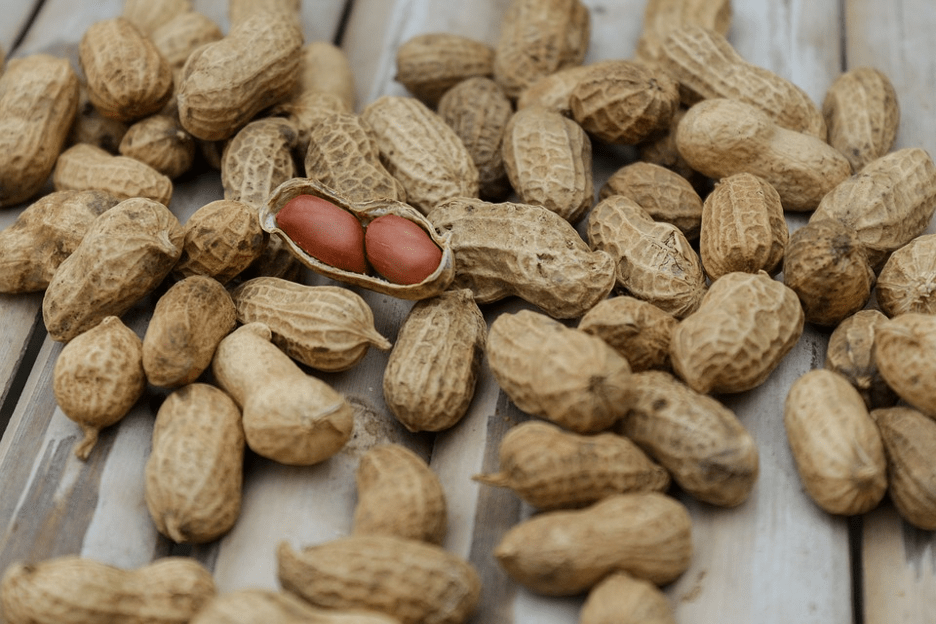
Alternatives to Peanuts for Cats
If you’re looking for safe and healthy alternatives to peanuts for your cat, there are plenty of options that can satisfy their snack cravings without compromising their health. From fruits and vegetables to lean proteins and cat treats, you can find a variety of nutritious treats that your cat will love and that are more suitable for feline consumption than peanuts.
Cat Treats
Commercial cat treats are specifically formulated to meet your cat’s nutritional needs while providing a tasty reward for good behavior. Look for treats that are made with quality ingredients, such as real meat or fish, and free from additives, fillers, or artificial flavors. Offer treats to your cat in moderation as part of a balanced diet to keep them healthy and happy.
Fruits and Vegetables
Some cats enjoy fruits and vegetables as snacks, which can provide essential vitamins, minerals, and fiber to their diet. Safe options for cats include small amounts of fruits like blueberries, strawberries, or cantaloupe, as well as vegetables like steamed carrots, green beans, or zucchini. Introduce these foods gradually and monitor your cat’s reaction to ensure they can tolerate them well.
Meat and Fish
Lean proteins like cooked chicken, turkey, or fish can be a nutritious and delicious snack for cats. These foods are rich in essential amino acids that support your cat’s muscle development and energy levels. Offer small amounts of meat or fish as occasional treats to provide variety in your cat’s diet and keep them interested in their food.
Homemade Treats
If you enjoy cooking for your cat, you can make homemade treats using cat-friendly ingredients like meat, eggs, and baby food. Avoid using ingredients that are toxic to cats, such as onions, garlic, and chocolate, and ensure that the treats are properly cooked to prevent any foodborne illnesses. Homemade treats can be a fun and creative way to bond with your cat while providing them with nutritious snacks.
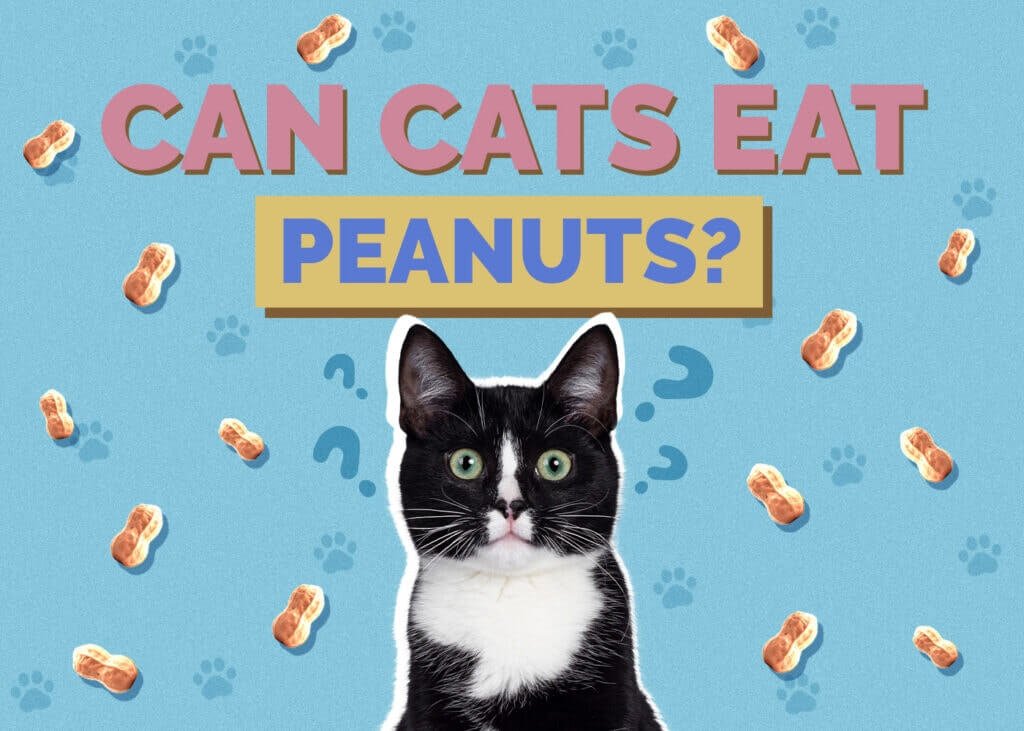
In Conclusion
While cats can technically eat peanuts, it’s essential to consider the potential risks and benefits before feeding them to your feline friend. Peanuts are not toxic to cats, but they can pose choking hazards, allergic reactions, and digestive issues if consumed in large amounts or in specific forms. As a responsible pet owner, it’s crucial to prioritize your cat’s health and well-being by offering safe and appropriate treats that align with their nutritional needs.
If you’re unsure about whether your cat can eat peanuts or if you have any concerns about their dietary requirements, consult with your veterinarian for personalized advice and guidance. Your vet can provide expert recommendations tailored to your cat’s individual needs and help you make informed decisions about their diet and overall health. By staying informed and proactive, you can ensure that your cat enjoys a safe, balanced, and nutritious diet that supports their well-being and quality of life.

